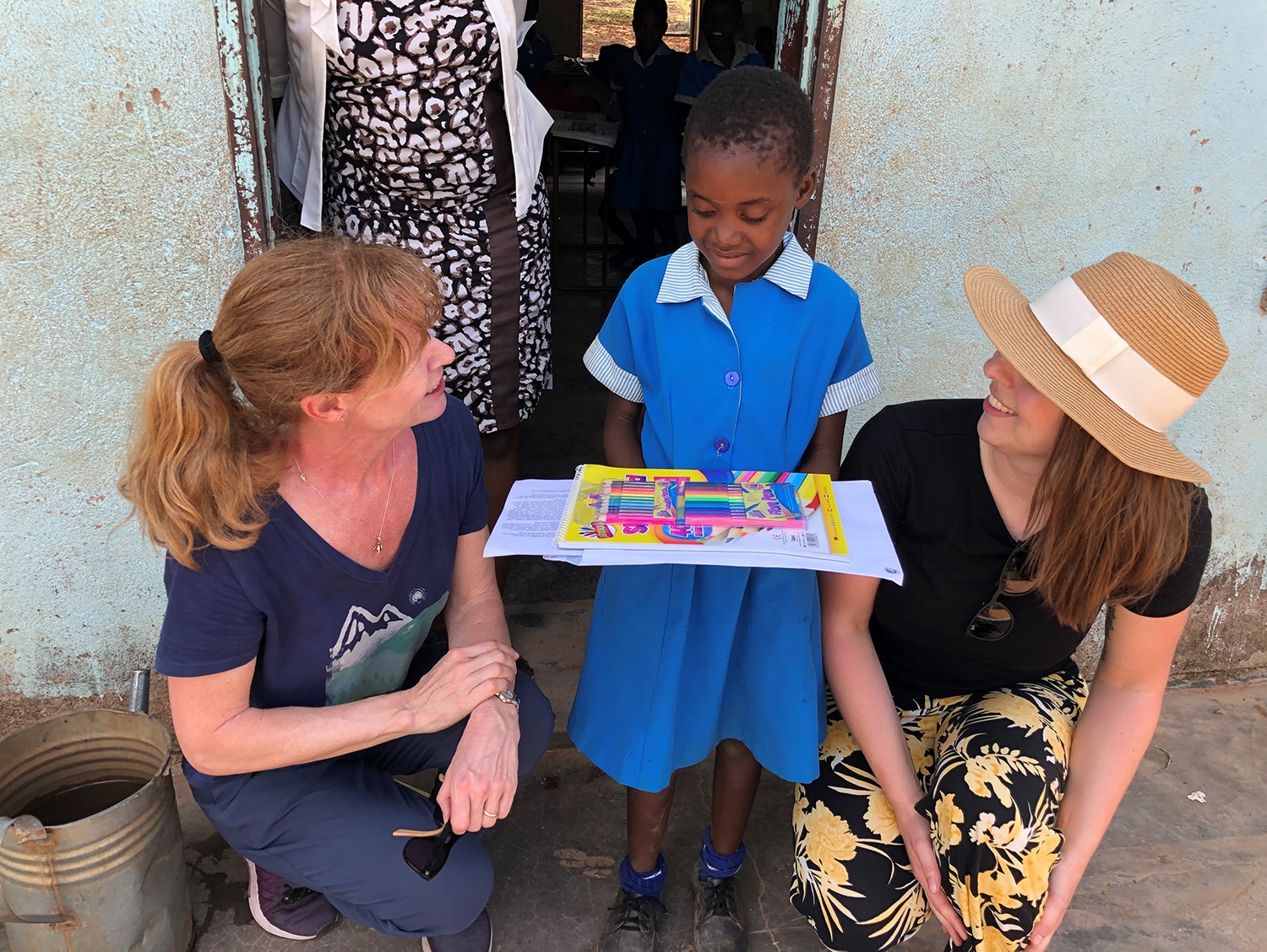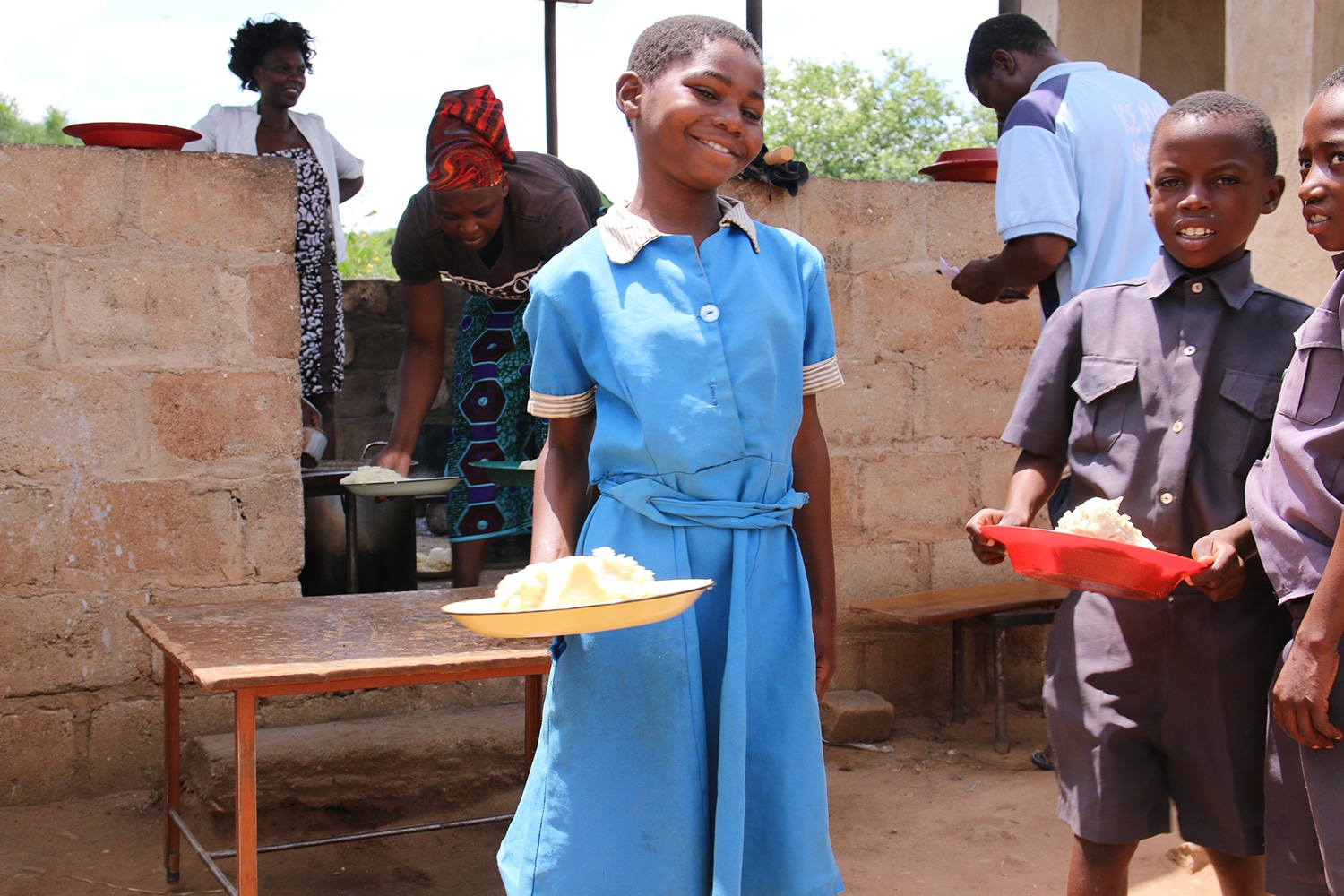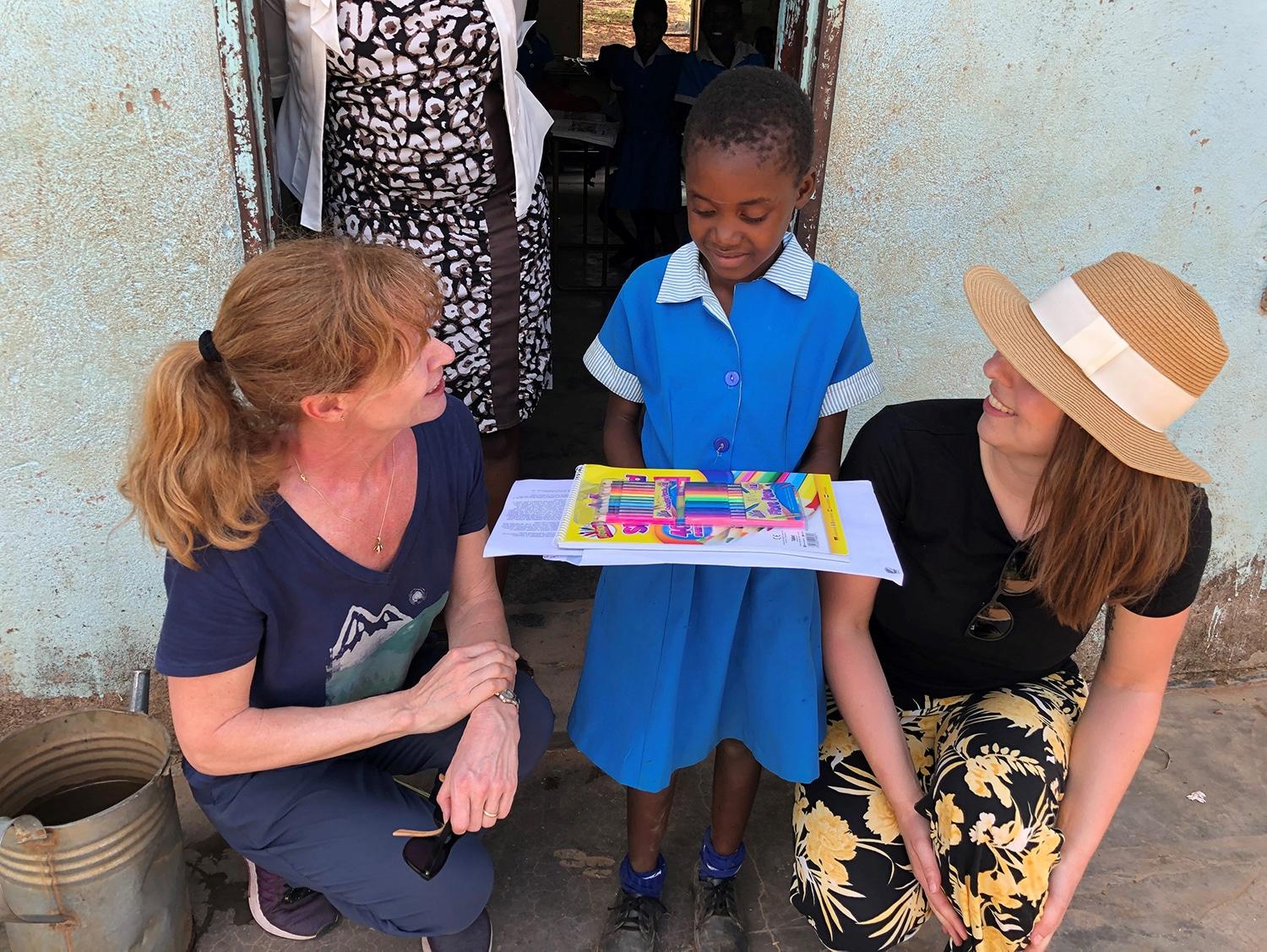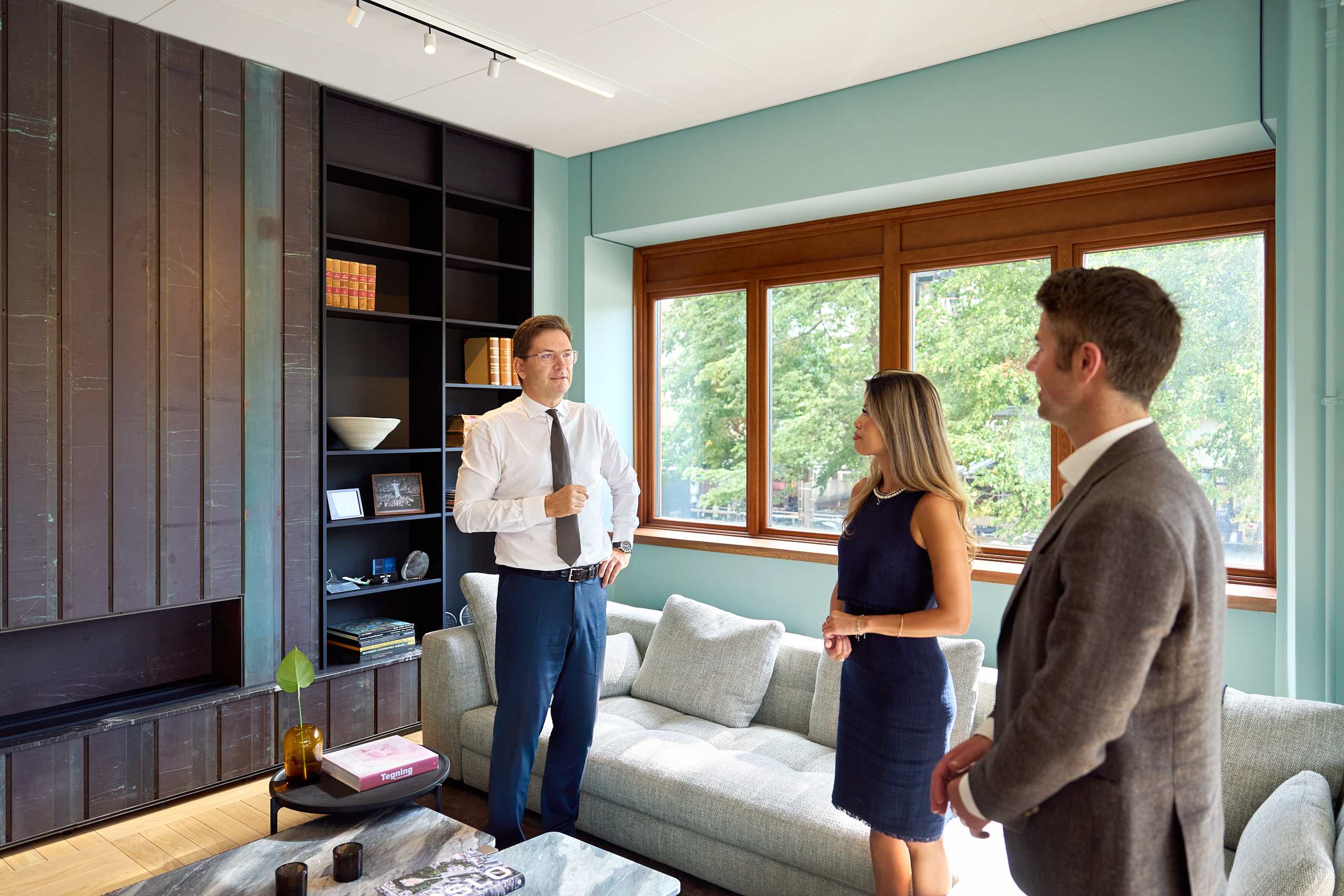Earlier we had a blog post about corporate social responsibility and we have introduced you to Sabona, our long-term partner, and some of their projects we are supporting. As sponsors, we are focused on ensuring that our funding reaches those in need and that the projects are sustainable.
This time, we would like to tell the story behind the project. We sat down and interviewed the amazing woman who started it all: Ynghild Solholm.

How it all started
During hard times with political tension, economical decrease, land reforms and food shortages, Ynghild Solholm never gave up on her dream to help the people living in and around the village of Dopota, located north in Zimbabwe. At only 20 years old she travelled to Zimbabwe all alone, and with the help from phonebooks (remember those?), friendly strangers and a lot of lucky chances, she ended up teaching in Dopota.
A journey originally planned for three months ended up being extended for seven years, and the young determined woman started the humanitarian organisation Sabona. 21 years later this organisation is thriving and has helped thousands of people with education, employment, health and various other projects.
Moving to Zimbabwe
– First of all: Why did you decide to travel all alone out in the world at only 20 years old?
Well, I was naïve and young, but my reason for travelling was to save the world! Not literally, but I wanted to take a few months leave from my job and work as a volunteer in Africa. I`d recently had a birthday party where I wished for donations for a charity instead of gifts, So, it was really the search for what I should spend the money raised here that started the whole thing.
In my search, someone tipped me about a Norwegian woman working in a centre for physically and mentally challenged persons in Zimbabwe.
It was very important to me that the money would reach the recipients and not be used in any other way. Since I also wanted to work, I figured I would travel to Zimbabwe and visit this centre, stay for a week and try to find an organisation willing to hire me. The original plan was to travel and work for three months, and then go back home to Norway.
Apartheid still in practice
– Obviously, you did not go home after the three months planned. What happened?
It was basically a string of coincidences: I had received a new tip about another Norwegian girl working in a school in the north of the country. I wasn`t given a name, and the only thing they knew about the school was that it started with a G. Back then we did`t have Google, so I sat down with a phonebook, and started calling the different schools.
When I tried reaching a school named Gwaii, the phonelines were faulty and I ended up calling a tobacco farm in the north of the country. After talking and trying to localise the school, the man who were running the farm invited me to come work for him. He also offered to help me search for the girl and school, so I figured this was a good place to start.
A week later I was dropped off the bus not far from the farm, in the middle of the bush with fresh lion tracks, completely terrified. I started working here, but quickly understood I couldn`t stay. This was when apartheid was still in practise, and it was all too much for me to handle. I couldn`t do the daily rants from the farmers about how awful the locals were, and I knew the staff was being greatly mistreated, so I left.
Started to teach on Depota Primary School
Before I had moved to the farm, I had been visiting schools in Bulawayo, because I wanted a cooperation between Norwegian and Zimbabwean schools.
I also wanted to visit the schools in the rural areas, and there were quite a few around. One of these schools was Dopota Primary School. This village had a school with only five teachers on seven classes, so I asked to stay on and help them with teaching. Now this was certainly a first, and so it took some time before I was allowed to officially move to the village even though I had started teaching already.

Children passed out of hunger
After only one week in Dopota I knew that I would have to stay longer. The children I was teaching passed out of hunger during my classes, it could have been days since they last had a meal. I had to do something more, and when I left home for Christmas after the three initial months,
I had a plan how. I arranged a charity concert in Norway and travelled back to Dopota with the funds raised and opened a food station at the school. This secured all the children at that school a hot meal every day and this ensured that parents sent their children to school as well. Dopota became my home now, and I lived here for seven years.
We secured all the children at that school a hot meal every day and this ensured that parents sent their children to the school as well – Ynghild Solholm
This was the very start of Sabona, and slowly but surely Ynghild and her new family in Zimbabwe came up with projects that would impower and help the community she was now part of. But how is it to move to a foreign country, learning the culture and experience the trouble times first-hand?
Don`t miss part 2 of Ynghilds incredible story!
To learn more about Sabona click here.
The article is written by Nina Ferlic.
Nina works as a Lead Client Manager & CSR Officer in Admincontrol. She serves as our steering compass when it comes to Corporate Social Responsibility. Nina has personally been working closely with Sabona for years, and spent three months in Zimbabwe in 2015 visiting the Sabona Project. In March 2020 she went back to Zimbabwe.



